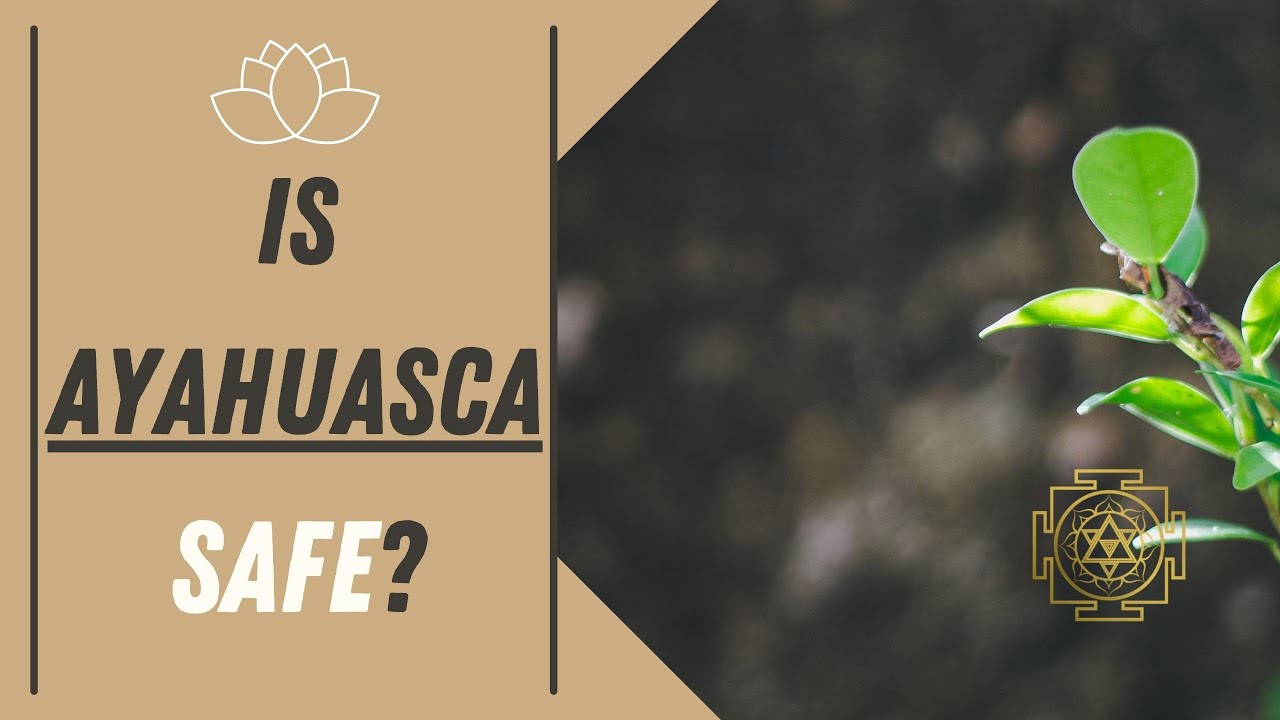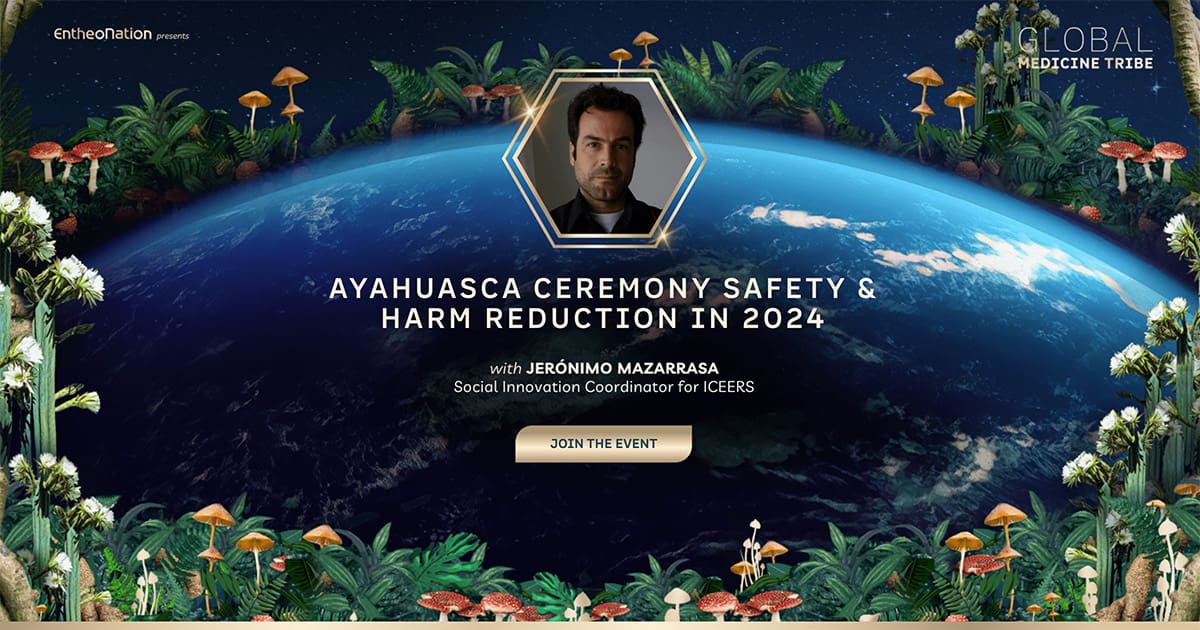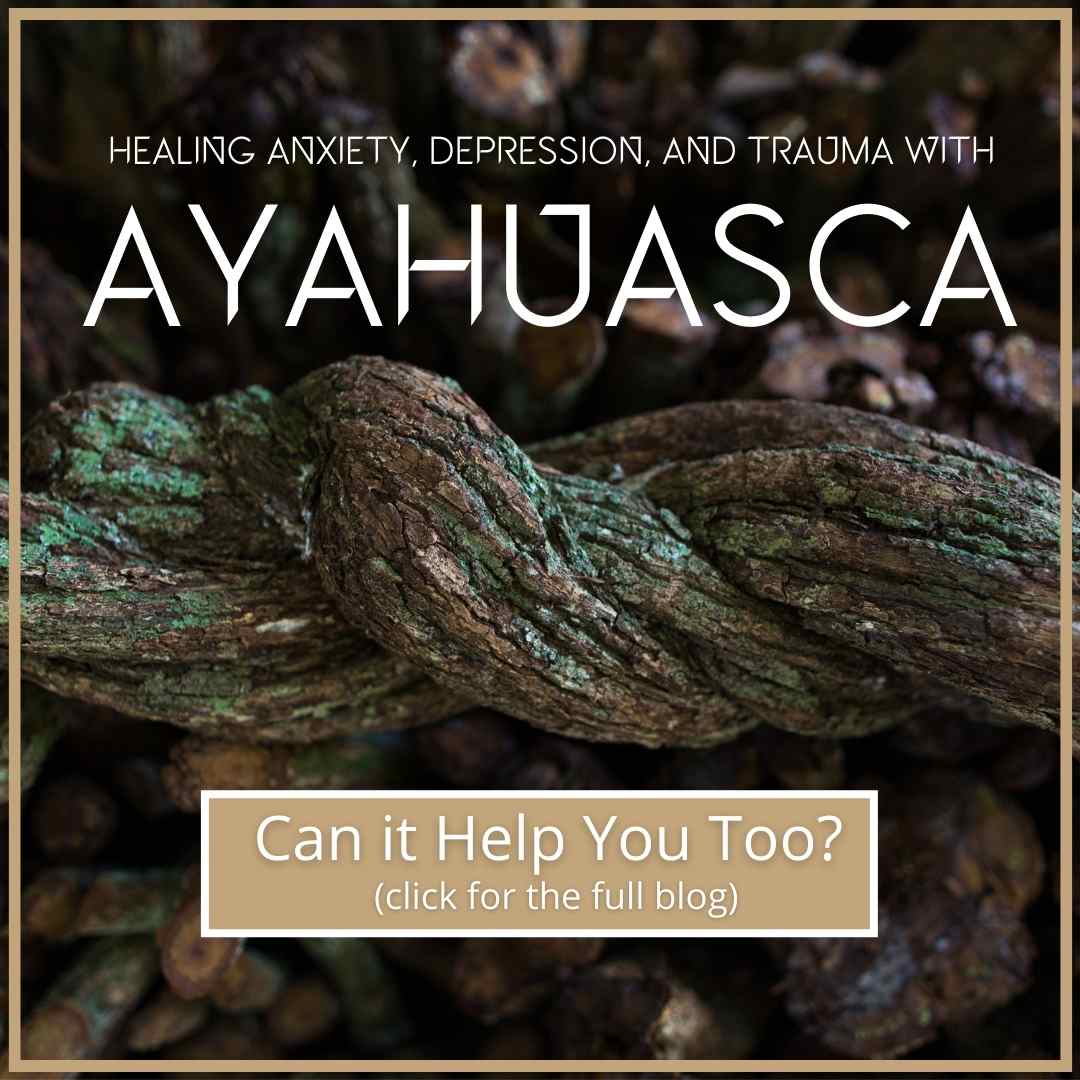Hawaii’s Controversial Ayahuasca: Navigating the Law and Prioritizing Your Safety
Hawaii, a land of vibrant culture and stunning natural beauty, has also become a focal point for discussions surrounding the use of ayahuasca, a powerful psychedelic brew traditionally used for spiritual and healing purposes. This article delves into the complex legal landscape of ayahuasca in Hawaii, explores the potential risks and rewards, and provides crucial information to help you prioritize your safety if you are considering or are involved with this practice. We aim to provide a balanced and informative perspective, empowering you to make informed decisions.
Understanding Ayahuasca: A Brief Overview
Ayahuasca, often referred to as “the vine of the soul,” is a psychoactive brew traditionally prepared from the Banisteriopsis caapi vine and typically combined with plants containing dimethyltryptamine (DMT), most commonly Psychotria viridis (chacruna) leaves. This combination creates a potent experience that can profoundly impact consciousness, emotions, and perception. The experience can vary greatly from person to person, encompassing:
- Visual and auditory hallucinations
- Intense emotional processing
- Spiritual insights
- Physical sensations (nausea, vomiting)
The Legal Landscape of Ayahuasca in Hawaii: A Complex Maze
The legality of ayahuasca in Hawaii, and indeed across the United States, is far from straightforward. The legal status hinges on several factors, including:
- The legality of the individual components: While Banisteriopsis caapi is not explicitly illegal under federal law, DMT, the psychoactive compound found in Psychotria viridis, is a Schedule I controlled substance.
- Religious exemptions: Some religious groups, such as the União do Vegetal (UDV) and Santo Daime, have obtained exemptions allowing them to use ayahuasca for religious purposes. However, these exemptions are specific and do not automatically extend to all individuals or groups.
- State vs. Federal Law: Federal law often takes precedence, but states can choose to prosecute or not prosecute based on their own interpretations and priorities.
- Commercial vs. Religious Use: The intent behind ayahuasca use can significantly impact legal considerations. Commercial ventures offering ayahuasca ceremonies are more likely to face legal scrutiny.
In Hawaii, the enforcement of drug laws varies. Individuals or groups using ayahuasca for non-exempted purposes could face legal consequences, including arrest and prosecution. The legal landscape is constantly evolving, and it’s crucial to stay informed about the current regulations.
Potential Benefits and Risks of Ayahuasca
Ayahuasca has been associated with a range of potential benefits, including:
- Emotional healing: Processing trauma, grief, and other emotional challenges.
- Spiritual growth: Gaining deeper understanding of oneself and the universe.
- Addiction recovery: Assisting in the treatment of substance abuse.
- Increased self-awareness: Fostering introspection and personal growth.
However, it’s vital to acknowledge the potential risks:
- Psychological distress: Intense fear, anxiety, or panic during the experience.
- Adverse physical reactions: Nausea, vomiting, and in rare cases, more serious complications.
- Interaction with medications: Ayahuasca can interact dangerously with certain antidepressants, blood pressure medications, and other drugs.
- Unpredictable experiences: The effects of ayahuasca are highly variable and depend on individual factors, including mental state, set, and setting.
- Potential for exploitation: Vulnerable individuals may be susceptible to exploitation by unscrupulous practitioners.
Prioritizing Your Safety: Essential Considerations
If you are considering participating in an ayahuasca ceremony, your safety and well-being should be your top priority. Here are some crucial steps to take:
- Thorough research: Investigate the facilitator or group offering the ceremony. Look for experienced and reputable practitioners.
- Health assessment: Consult with your doctor to ensure ayahuasca is safe for you, considering your physical and mental health history, and any medications you take.
- Dietary restrictions: Follow the recommended diet (typically a few days to weeks before the ceremony) to prepare your body.
- Set and setting: Choose a safe and supportive environment with experienced facilitators. Ensure a comfortable and controlled atmosphere.
- Integration: After the ceremony, allow time for reflection and integration of your experience. Consider therapy or counseling to process any insights or challenges.
- Honest communication: Communicate openly with the facilitator about your intentions, concerns, and any prior experiences with psychedelics.
- Legal awareness: Understand the legal risks involved in your location and make informed decisions.
Finding Qualified Facilitators: A Cautious Approach
Finding qualified and ethical facilitators is crucial. Consider these factors:
- Experience: How long have they been facilitating ceremonies?
- Training: What is their background and training?
- Reputation: What do others say about their work? (Seek out reviews and testimonials.)
- Safety protocols: What safety measures do they have in place? (medical support, emergency plans)
- Ethical practices: Do they prioritize your well-being and adhere to ethical guidelines?
Be wary of facilitators who:
- Make extravagant promises.
- Claim to have all the answers.
- Pressure you to participate.
- Lack transparency about their practices.
Frequently Asked Questions (FAQs)
1. Is ayahuasca legal in Hawaii?
The legal status is complex and uncertain. While Banisteriopsis caapi is not explicitly illegal, the DMT-containing plants used in the brew are. Religious exemptions exist, but they are specific and don’t apply to everyone. Enforcement varies.
2. What are the potential risks of ayahuasca?
Risks include psychological distress, physical reactions (nausea, vomiting), interactions with medications, unpredictable experiences, and potential for exploitation.
3. What should I do before participating in an ayahuasca ceremony?
Consult with your doctor, research the facilitator, follow dietary restrictions, and ensure a safe and supportive environment.
4. How do I find a reputable ayahuasca facilitator?
Research their experience, training, reputation, safety protocols, and ethical practices. Seek reviews and testimonials.
5. Should I tell my doctor about my interest in ayahuasca?
Yes, it is crucial to inform your doctor about your intentions to participate in an ayahuasca ceremony, so they can assess any potential risks based on your health history and current medications.
Conclusion
Navigating the world of ayahuasca in Hawaii requires careful consideration of the legal landscape, potential benefits, and inherent risks. Prioritizing your safety is paramount. By conducting thorough research, consulting with healthcare professionals, and choosing experienced and ethical facilitators, you can make informed decisions about your involvement with this powerful and controversial substance. Remember, the responsibility for your well-being rests with you. Stay informed, be cautious, and approach this experience with respect and awareness.




